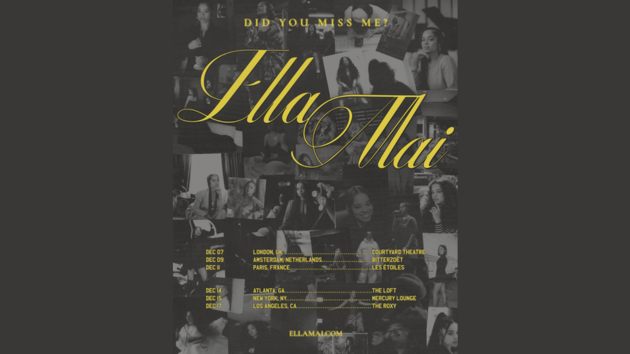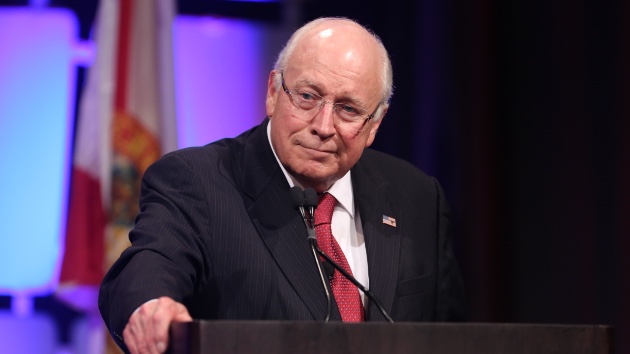College Sports Commission sends participation agreement to Power Four conferences
Written by CBS SPORTS ALL RIGHTS RESERVED on November 20, 2025


The long-awaited College Sports Commission participation agreement, viewed as a critical piece for the future of college sports, was sent out Wednesday to the Power Four conference schools.
It has been months in the making and delayed, in part, over disagreements on what a penalty structure should look like. The hope is that all of the Power Four schools will sign it and turn it back in within the next two weeks, a critical time period with the early signing period starting Dec. 3 and the transfer portal window opening Jan. 2.
The 11-page participation agreement obtained by CBS Sports allows the CSC to enforce agreed upon rules, prevents schools from circumventing the system to sue over enforcement decisions they didn’t like (long a problem in the NCAA enforcement model) and requires annual audits of all schools that spent 75 percent or more of the annual rev-share number, among other measures. Notably, it states that it does not override existing state laws.
The piece most critical to CSC CEO Bryan Seeley and his team would prevent schools from pursuing jury trials outside of the CSC enforcement and appeal process. There are arbitration opportunities for the schools and student-athletes, but ultimately every participating school will be bound by the final decisions made. Led by Seely, the CSC was created to enforce revenue-sharing and NIL-related issues in the aftermath of the landmark passing of the $2.8 billion House settlement.
The document states that if any participant (student-athlete, school or associated entities or state officials) brings any suit or claim against the CSC related to membership rules, investigation or enforcement actions, it would “forgo and not receive any and all revenue from its conference and not be eligible to compete in the post-season in the sport(s) involved in the investigation or decision.”
Conference commissioners, athletic directors and others hope all 68 Power 4 schools will sign off on the agreement and bring stability to a landscape where litigation — or the threat of it — has made it nearly impossible for the NCAA to enforce rules, from NIL to eligibility and everything in between.
Once the agreements are signed, Seely and his team will have the runway to crank up the enforcement efforts and prevent salary cap circumvention, among other issues. Currently, every school that opts into the House settlement is able to spend up to $20.5 million annually on direct payments to student-athletes.
Ahead of the House settlement, many programs turned to a popular strategy known as “front-loading,” spending as much of their NIL dollars as possible before entering a world where every deal of $600 or more must be submitted to and reviewed by the NIL Go clearinghouse. With the CSC unable to enforce its rules so far, some within the industry have discussed continuing to spend significant NIL “pay-for-play” money without making it subject to NIL Go’s fair-market-value review.
There must be a compelling reason for everyone — from schools to their most active boosters — to follow the rules, and an enforceable penalty structure is one way to provide it.
The penalties available to the CSC were not detailed in the agreement sent to schools on Wednesday, but they are expected to be finalized soon and codified as NCAA bylaws. One holdup in the participant agreement, sources told CBS Sports, was hesitation within the Big Ten to endorse postseason bans as a potential punishment. After months of discussion, the four power conferences ultimately agreed after limiting the circumstances of a possible postseason ban to: the most egregious violations, disregarding penalties and purposefully obstructing and/or not cooperating with investigations.
According to those familiar with the expected structure, penalties could include a limited postseason ban, financial penalties for schools and individuals, restrictions on the number of transfers a program can take and more. One particularly notable consequence expected to be included is a reduction in how much revenue-share money a school can allocate to a specific team. The CSC cannot reduce the overall $20.5 million cap, but if violations are deemed severe, it could restrict a football program to, for example, 20% of the cap instead of the 75–80% most Power Four schools currently spend.
The post College Sports Commission sends participation agreement to Power Four conferences first appeared on OKC Sports Radio.





